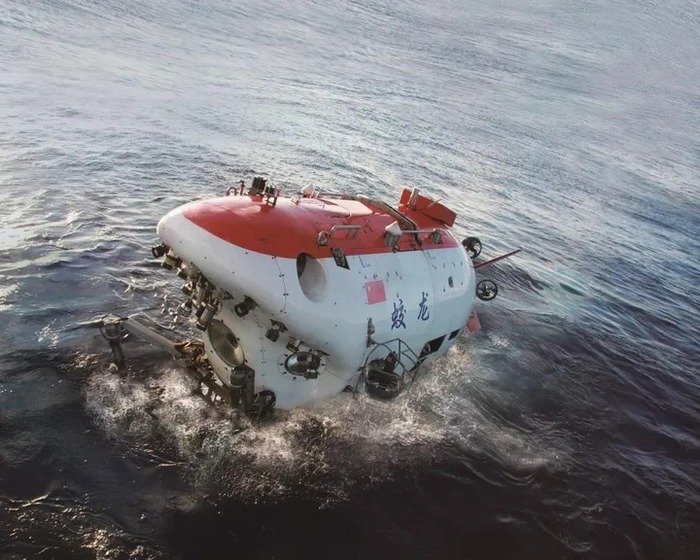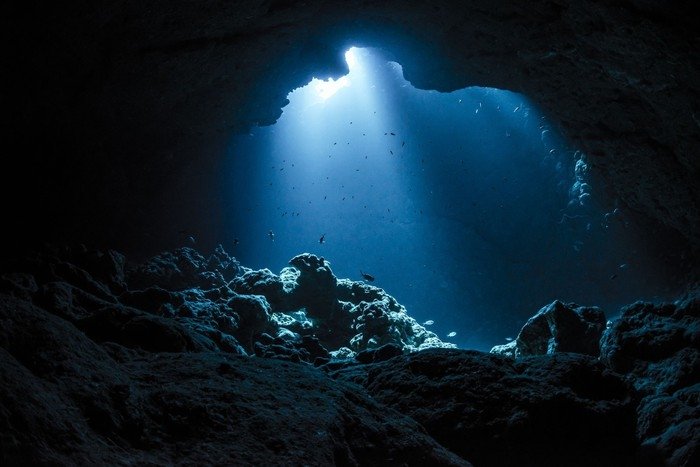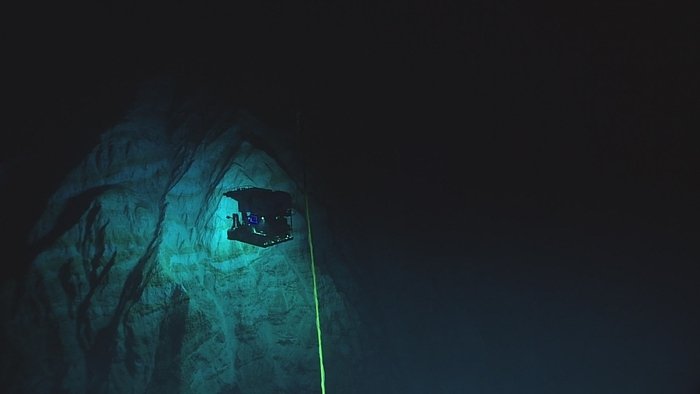
Humans have been going into space for a long time, but why is the deep sea still a mystery to humanity? 4
The average depth of the sea globally is 3,700 meters.
According to modern scientists, human understanding of the deep sea in the last century is not even as great as our understanding of the Solar System!
Currently, there are only a few countries in the world that can independently develop manned deep submersibles at a depth of 10,000 meters, such as China and the United States.
The pressure under the deep sea is hundreds of times greater than the atmospheric pressure on the surface. To resist such high pressure, a deep submersible must have extremely strong anti-pressure capabilities. If it is a manned deep submersible, it will also be
The area of deep sea explored by humans today only accounts for a very small part of the total ocean area.
Deep sea refers to the deepest area of the ocean, usually an area where the ocean floor is deeper than 200 meters.

The following are the main environmental and ecological features of the deep sea:
Deep sea environment: Its temperature and water pressure are extremely high, can reach hundreds of atmospheres, the light is dim, there are geological phenomena such as deep cold ocean currents, underground volcanoes and hot springs.
Deep-sea fish: Deep-sea fish are numerous and diverse. Many fish species look very strange. In addition to having large mouths and impaired eyes, they often emit light to attract prey or find friends.
Benthic animals: Benthic animals come in many different forms, some are quite beautiful and others are strange looking, and these benthic animals also play an important role in the marine ecosystem
Abyssal mud: The organic matter in abyssal mud is very special because the low pressure and temperature cause a large amount of marine organic matter to gradually deposit on the ocean floor.
Deep-sea hydrothermal organisms: Deep-sea hydrothermal organisms refer to organisms that live near deep-sea hot springs.
Deep sea bottom terrain: Deep sea bottom terrain is often relatively complex and rugged, and has many deep sea faults, reefs, trenches…

Deep sea exploration is not an easy job, but requires a lot of skills, equipment and expertise.
First, the deep sea is an extremely harsh environment, with very low temperatures, very high pressure and a lack of light.
Second, the deep sea is a vast and complex environment, with diverse terrain, geology and organisms.

Third, the deep sea is a little studied and understood environment, with many mysteries and challenges.
The above reasons explain why people rarely explore the deep sea.

Source: Earthlymission;






